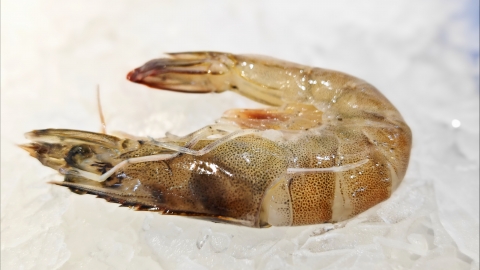Is it good for your health to eat shrimp in spring?
In general, whether eating shrimp in spring is beneficial to health depends on individual health conditions and the method of consumption. The specific analysis is as follows:

If an individual is in good health, has no history of seafood allergy, and consumes shrimp prepared using light cooking methods such as steaming or boiling, eating shrimp during spring is generally beneficial. Shrimp is rich in high-quality protein, calcium, phosphorus, and other essential nutrients, which help meet the body's nutritional needs and enhance physical strength. Light cooking methods also minimize nutrient loss and align with the principle of consuming mild,清淡 foods in spring. Moderate intake can diversify the diet and provide energy.
However, if an individual has a seafood allergy, suffers from metabolic disorders such as gout or hyperuricemia, or consumes shrimp prepared with heavy flavors like frying or spicy seasonings, eating shrimp in spring may be harmful. Allergic individuals may experience itching, rashes, or other allergic reactions after consumption. People with high uric acid levels may see their condition worsen due to the purine content in shrimp. Heavily seasoned preparations increase the burden on the body and may cause gastrointestinal discomfort, negatively affecting overall health.
Before eating shrimp in spring, individuals should first confirm whether they are allergic. Those with metabolic diseases should consult healthcare professionals to determine appropriate portion sizes. When preparing shrimp, prioritize light cooking methods and avoid excessive consumption. If any adverse reactions occur after eating shrimp, stop immediately to ensure dietary safety.




